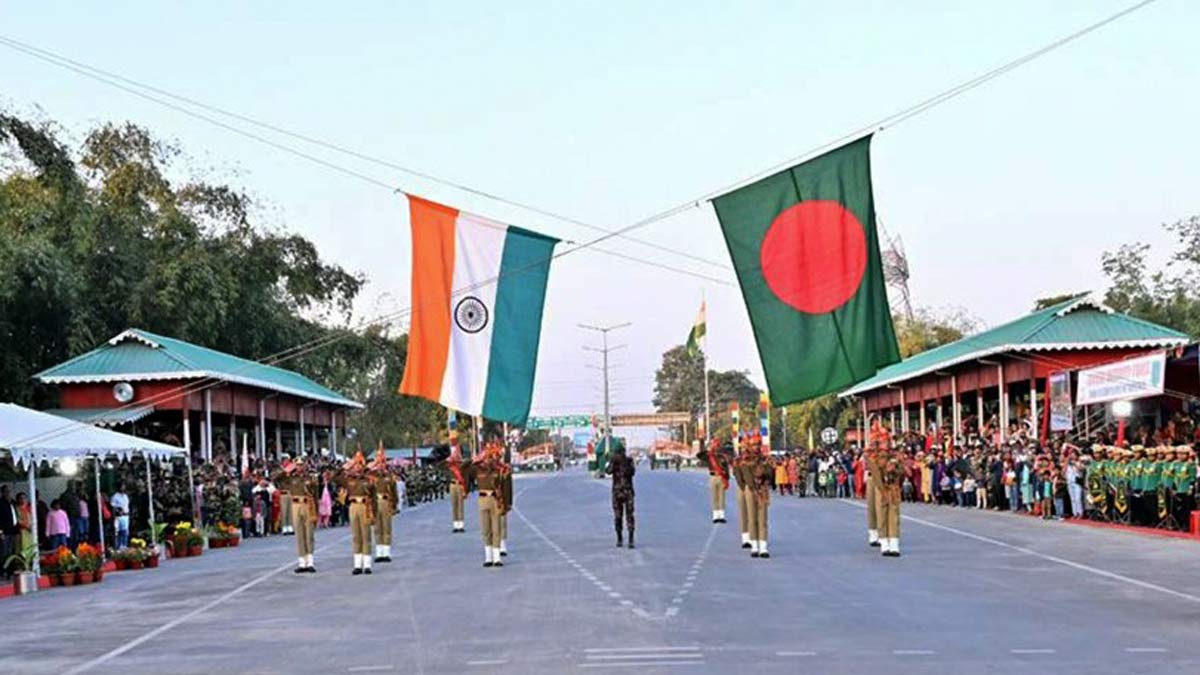How India delivered Bangladesh a huge blow by banning jute imports via land route: 'Victim of politics'
 Representative image
Representative image
Bangladesh's exporters have complained about India's decision to ban the import of certain jute products and woven fabrics via land route, stating they are the "victims of politics". The products that face the ban include jute products, flax tow and waste, jute and other bast fibres, single and multiple jute yarns, woven fabrics of flax and unbleached woven fabrics of jute. The import of these items will now be permitted only via the Nhava Sheva seaport in Maharashtra.
The ban has come as a huge blow to Bangladesh's exporters as only one per cent of the total exports of these products are currently being carried out by sea route, according to Dhaka-based Prothom Alo. Shipping them to India via sea route means a huge spike in cost besides losing the dominance in the jute sector and overall to the economy.
As per figures, the banned nine products exported to India were worth $150 million and 23 per cent of the total exports. India is the second top export destination after Turkey, according to the National Board of Revenue. Bangladesh exports around 13 lakh bales of raw jute, and India accounts for most of the shipment, reports added. The decision will also affect 117 exporters who shipped goods via land routes.
"Bangladeshi exporters will now be unable to export jute and jute products due to a recent notification from India's Directorate General of Foreign Trade," Mirza Koushik Ahmed, executive director of Dhaka-based Reliance Jute Mills Ltd, told Daily Star. He said the jute exporters were becoming "victims of politics" amid the strained bilateral relations between India and Bangladesh.
Exporting via ports, mainly Chattogram and Mongla, means additional expenses for buyers as they will have to take the delivery via port. This is besides the extra cost of shipment incurred on the exporters.
The decision of India to allow imports only via the port in Mumbai has come as another blow as most buyers are based in Kolkata. Farhad Ahmed Akanda, chairman of the Bangladesh Jute Association said it would be convenient for the buyers if India allowed shipments through the Kolkata port. "Our buyers are pursuing the Indian authorities to allow shipments through Kolkata. However, no buyer has cancelled orders until now. "They are assessing the cost," Akanda told Daily Star.
Some exporters are looking for alternative options as it is not feasible for Indian importers to avail of jute and jute products via Mumbai.
This is the third such ban imposed by India on Bangladesh in three months. On April 9, India withdrew the facility for exporting Bangladeshi goods across the world using India's Kolkata airport in the second round. On May 17, it imposed restrictions on the import of ready-made garments, processed food, plastics, wooden furniture and many other products via land ports.
Bangladesh exported goods worth about $1.59 billion to India in the 2023-24 fiscal year.
World